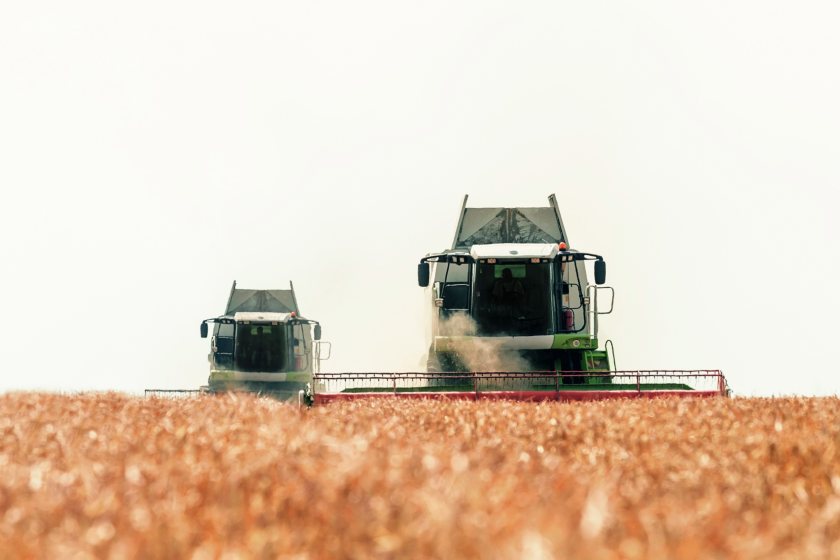
A refreshed government agri-tech strategy that helps unlock the potential of agriculture to deliver multiple benefits is now vital for the next decade, a report says.
There is 'clearly' a need for a new ag-tech strategy for the next 10 years following on from first one, launched in 2013, according to Agri-TechE's report.
While there is 'much optimism' for the next decade of UK and global agri-tech innovation, contributors to the report also identify challenges.
These include a changed investment landscape, difficulties scaling solutions and businesses, a lack of secure revenue streams, and regulators failing to keep pace with innovation.
But developments such as satellite imaging and GPS navigation, clean energy production, livestock wearables and metagenomic sequencing of plants and animals, shows 'how farm agri-tech has come in the past decade'.
The report by Agri-TechE, a not-for-profit organisation dedicated to advancing agricultural innovation, includes responses from over 70 contributors, who helped shape it.
Dr Belinda Clarke, Agri-TechE director said: “The 2013 strategy engendered a lot of fresh thinking, energy, external investment and innovation in the agricultural and horticultural sectors.
"But the sector is now in a very different place and needs new government focus to shape the future of agri-tech to enable it to help the sector meet new priorities.”
These include a greater emphasis on climate-smart agriculture to reduce emissions, and aligning on-farm productivity with environmental sensitivity to help reverse biodiversity declines and maintain clear water and air.
The government should also recognise that the industry delivers 'much more' than just food, including ecosystem services and industrial feedstocks such as biofuels, pharmaceuticals, and raw materials for textiles and construction.
“We need the new government to deliver a strategy for agriculture and horticulture that recognises the industry as a key component of our bioeconomy,” Dr Clarke added.
“This, in turn, will inform a refreshed agri-tech strategy as one of the key enablers of unlocking the industry’s potential.”
Clear policies give clarity on the direction of travel and build confidence, she said, adding that a new strategy for the next decade was needed.
“Well-defined, long-term sector strategies can lever private investment and provide a roadmap for innovation success," Dr Clarke explained.
Among the other challenges for agri-tech companies identified in the report is how regulation is failing to keep pace with innovation.
An example is the lack of clear regulation for emerging trends, such as the use of biological products.
For agri-tech developers, earlier engagement with regulators from the outset of innovation is vital, the report suggests.
Scaling solutions also remains challenging, which could at least be partially helped through more government support for businesses, potentially via contracts or subsidies to help boost nascent industries.
Without secure revenue streams, markets can be tough to penetrate, Agri-TechE explains.
Equally importantly, agri-tech developers are struggling to calculate return on investments for farmers – vital information for farmers to decide whether to embrace a new technology.
That is leading to some 'on-farm fatigue', the report reveals, along with some technologies and businesses failing to deliver on their hype.
“We need to stop promising farmers that a technology is going to change the world tomorrow,” Dr Clarke stressed.
“While some farmers are happy to be beta-testers, the majority want reliability and seek solutions that will work the first time.”
